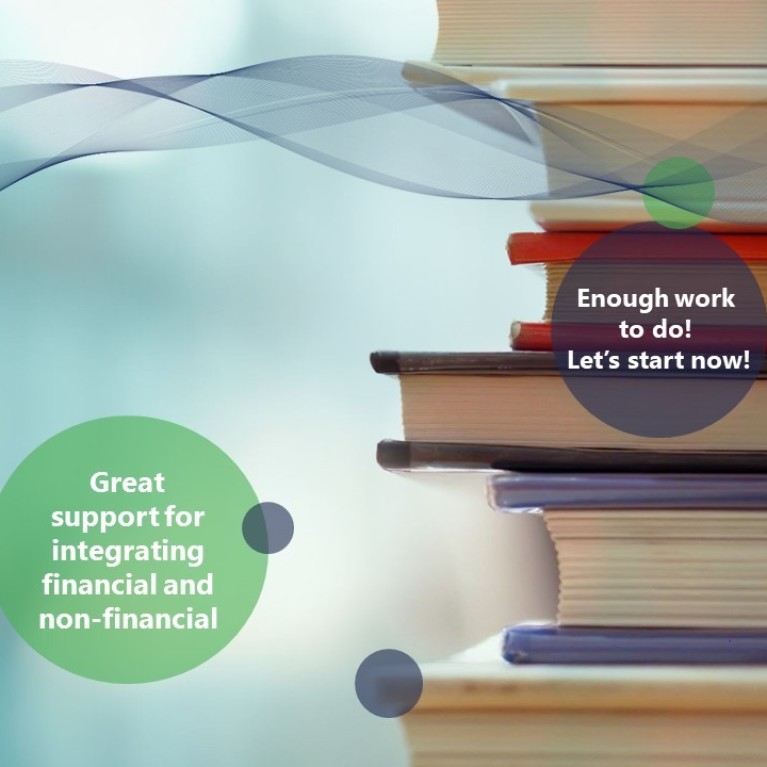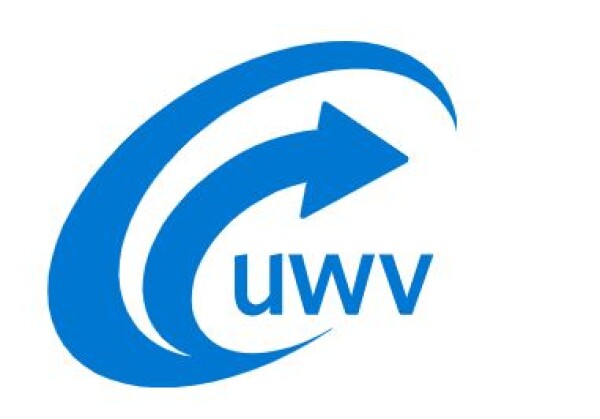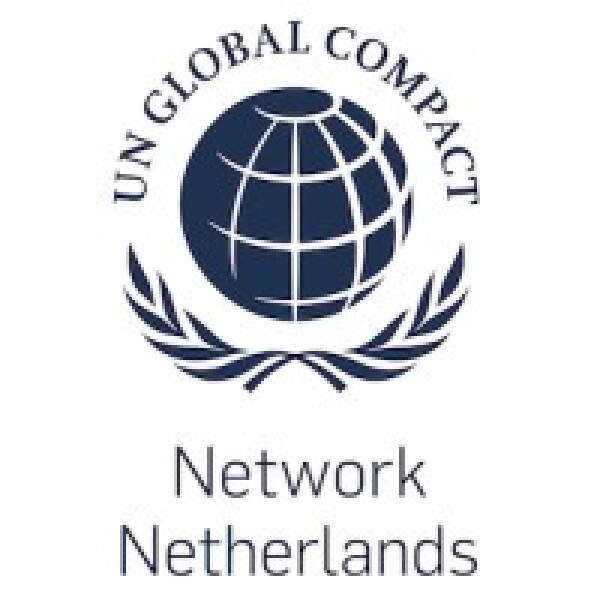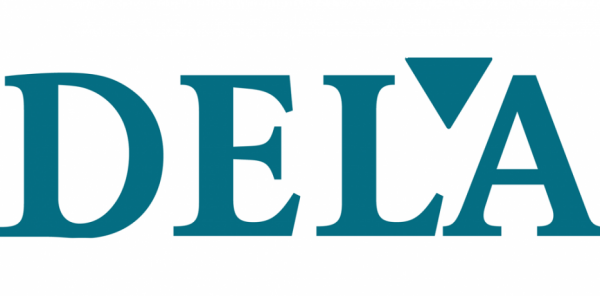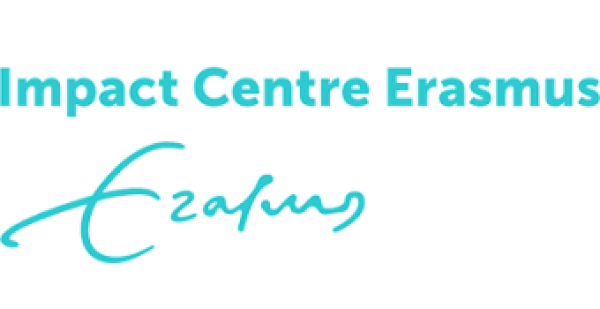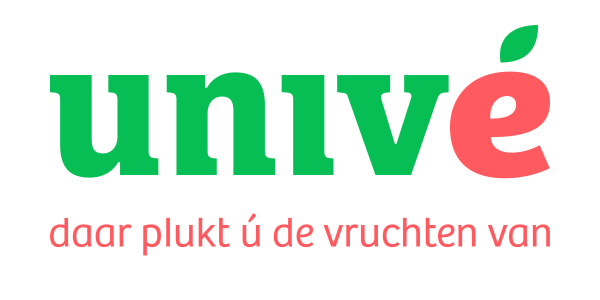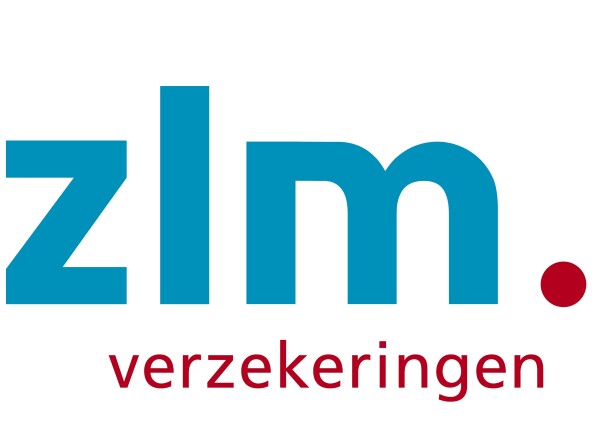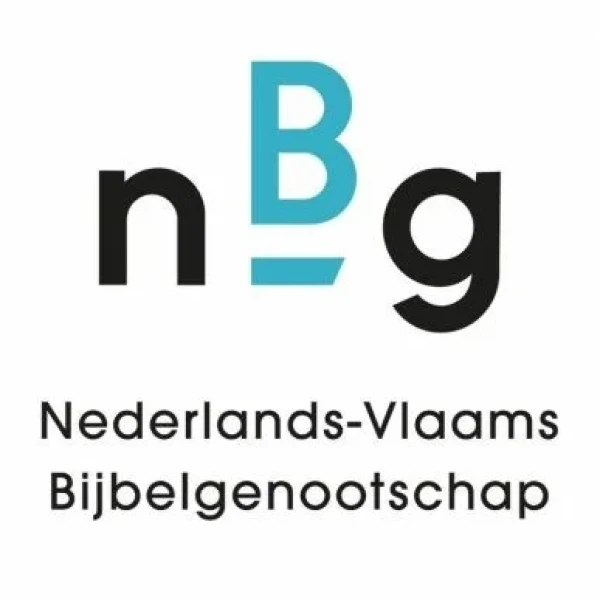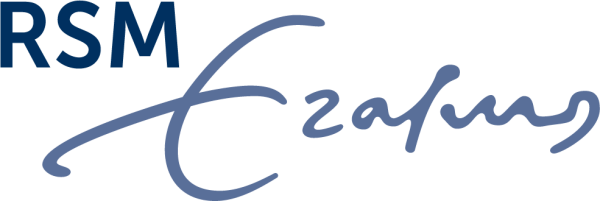Progress report EFRAG on non-financial reporting
On November 6th, the EFRAG (European Financial Reporting Advisory Group) published its progress report on the revision of the NFRD (Non Financial Reporting Directive). The report gives a very extensive overview of the current state of non-financial reporting in the EU, and sheds a light on the direction the EFRAG thinks the NFRD should move forward.
We would like to share some interesting topics with you here and some of our reflections:
· One of the first interesting remarks is that many of the stakeholders the EU consulted, state that the word non-financial should be abolished, because it doesn’t bring about the right connotation to what is meant. We at TOSCA prefer to talk about pre-financial information, because information that is currently not reflected in the financial statements of the companies (such as the risk of stranded assets due to flooding in certain areas), can become financial on the mid or long term. However, talking about pre-financial information only resonates with financial capital, and doesn’t connect to the other five capitals the IIRC has so well described in their value creation model. So should we talk about capitals reporting? Value creation reporting? Creative suggestions are much welcomed in this arena.
· There are almost 100 initiatives on NFR (Non Financial Reporting). Each initiative has a different focus, varying from goal alignment (TCFD), do no significant harm, adverse impacts to due diligence. It is clear to everybody that harmonization is the way to move forward, to reach a framework that works for both reporting entities, as for investors and other stakeholders. Many believe that the NFRD should provide such a framework, although there is also skepticism around the choices the EU makes. For instance, some are critical about the choice of the EU on creating a framework with an investor focus, whereas there are many more stakeholders that benefit from transparent non-financial reporting. TOSCA believes that the investor focus is important, but a wider perspective on the target audience should be taken into account.
· There are around 5.000 indicators identified that are currently implemented, or investigated to be implemented, of which 3.000 are generic. Companies have complained about the huge number of indicators that they have to report on for years now, also because each stakeholder group comes up with new indicators. We agree that harmonization is necessary to decrease the burden on reporting entities, and to ensure that indicators are comparable (to a certain extend) and auditable. However, we think that even more important is that the right metrics are reported on. We expect that the biggest shift will be in moving away from reporting on metrics that only show incremental change (doing less bad), to metrics that are contextualized and show progress towards the goals of the SDGs, and whether companies are making progress fast enough.
· Scoping is important, since NFR can address a wide variety of topics. Some initiatives choose to focus on climate (‘climate first approach’), whereas other initiatives include a broader perspective. Although climate change is of big importance, we believe that a more holistic approach should be preferred, for instance based on the challenges as laid down by the SDGs. The COVID-19 crisis has shown that the S in ESG is evenly important and that these challenges are interconnected and therefore not to be seen in isolation.
· There seems to be consensus that 'double materiality' needs to be applied. Double materiality means that companies look at the impact they have on climate change (inside-out) and at the impact climate change has on their business (outside-in). We strongly encourage the EU to stick to this approach, because only if we have this double view on climate change it is possible to oversee the huge impact of climate change not only on companies, but also on society as a whole.
· NFR will become more future-oriented, although time horizons vary at the moment. Financial reporting currently focusses for the vast majority on the past, with balance sheets and profit and loss accounts that are already outdated when the annual accounts are published. In many cases there is only a small paragraph in the letter of the CEO on the companies’ outlook (who dares to make predictions on the future at the moment?) and a small paragraph on the strategy of the company, mostly in qualitative and vague jargon. Since we need to know if we’re on the right track to reach the objectives of the Paris agreement and of the SDGs, forward looking information needs to become more robust, with publicly available scenario analyses and clear targets and progress reports on where the company stands with respect to long term targets and ambitions.
· Both qualitative and quantitative information will remain important, since not all NFR-indicators can be expressed in quantities. This is something especially CFOs and auditors will find hard to embed in their ways of working. We see that in some companies the integrated report is the responsibility of the communications department, with only input from the CFO on financial metrics. These two disciplines working together on a truly integrated report will in many cases be new and a challenge, both for the CFO as for the corporate communications director. Talking the same language will be a precondition. Also, auditors need to find ways to give assurance on qualitative information.
· Linkage between corporate strategy and governmental policies (ie the SDG-agenda) still needs to be enhanced. We think that companies need to do more than plot the SDG pictures in their annual report, and truly understand where their positive and negative impacts are, aligned with the 169 sub-targets and 231 indicators identified by the UN. The time of ‘rainbowwashing’ is over, companies need to get serious about reporting on the SDGs.
To conclude, there were two remarks in the EFRAG progress report that show that there is hope. The first is about the great support for integrating financial and non-financial information in reporting. The second is about the acknowledgement that this is a journey, and that we need to learn and start taking steps (‘materiality of topics will change, so will NFR’).
So, let's get to work! Enough to do!
